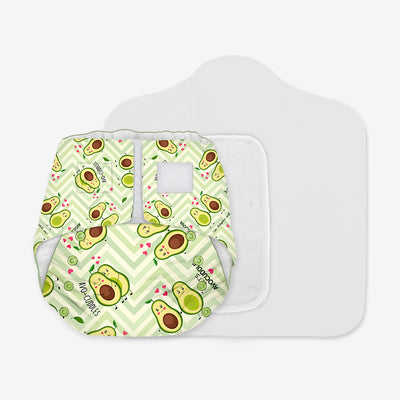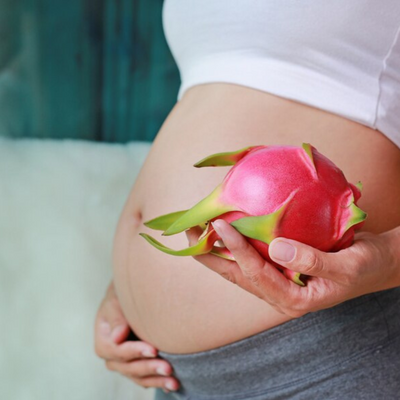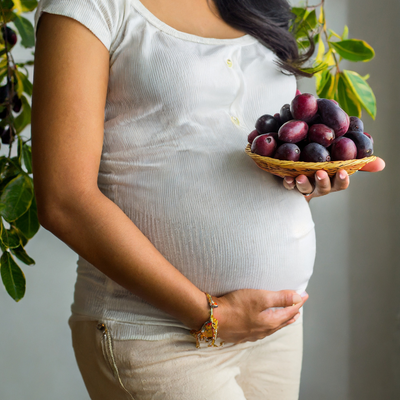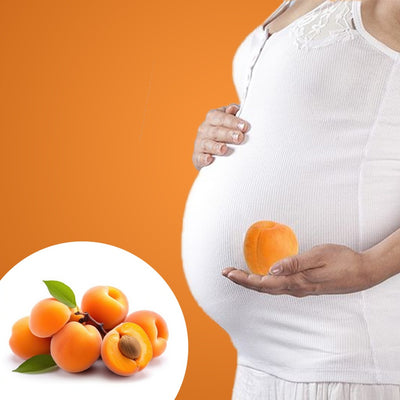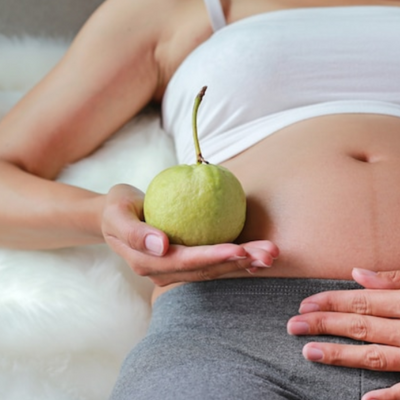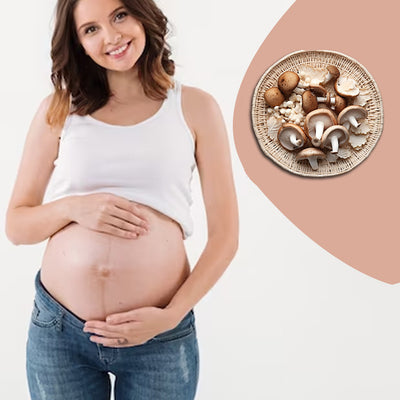Eating Litchi (Lychee) Fruit During Pregnancy

Eating Litchi (Lychee) Fruit During Pregnancy
During pregnancy, expectant mothers must pay special attention to their diet, making informed decisions that benefit both their own health and the baby's optimal development. Litchi, also known as lychee fruit, is a delicious tropical fruit that many people enjoy, but it is important to exercise caution when eating it during pregnancy. While litchi is high in vitamins, minerals, and antioxidants, it also contains sugars, which, if consumed in excess, can cause gestational diabetes. Furthermore, some studies suggest a link between litchi consumption and a rare condition known as hypoglycin toxicity, which may pose risks during pregnancy. Pregnant women should consult with their healthcare provider before making any dietary decisions during this critical time to ensure a safe and balanced nutrition plan that meets their pregnancy's specific needs.
Is It Safe to Eat Litchi Fruit During Pregnancy?
Navigating dietary choices during pregnancy is critical to ensuring the health and well-being of both the expecting mother and the developing baby. Pregnant women may have concerns about the safety of litchi, also known as lychee fruit. Litchi is a nutrient-dense fruit that contains essential vitamins and minerals that help to maintain a balanced diet. However, caution is advised due to the fruit's high sugar content, which, if consumed in excess, can contribute to gestational diabetes. Furthermore, some studies have investigated a possible link between litchi consumption and hypoglycin toxicity, a rare condition that could be dangerous during pregnancy. Pregnant women should consult with their doctor to make informed decisions. With professional guidance, they can strike a balance, enjoying the benefits of litchi in moderation while safeguarding their health and the health of their baby.
Side Effects of Eating Litchis During Pregnancy
Risk of Gestational Diabetes: Litchis, while nutritious, contain sugars that, when consumed excessively, may contribute to gestational diabetes. Pregnant individuals should be mindful of their sugar intake to avoid complications associated with this condition.
Hypoglycin Toxicity Concerns:
Studies have explored a potential link between litchi consumption and hypoglycin toxicity. This rare condition can lead to adverse effects, making it crucial for pregnant individuals to moderate their intake to reduce any potential risks to both themselves and their developing baby.
Digestive Discomfort:
Litchis, being high in fiber, may cause digestive discomfort such as bloating or gas, which can be more pronounced during pregnancy when the digestive system undergoes changes. Moderation in consumption can help mitigate these effects.
Allergic Reactions:
Some individuals may be allergic to litchis, and pregnancy can sometimes heighten sensitivity to certain foods. Allergic reactions can range from mild to severe, emphasizing the importance of being aware of any adverse responses and seeking medical advice promptly.
Caloric Intake Management:
Litchis, like many fruits, contribute to overall caloric intake. While they offer essential nutrients, excessive caloric consumption may lead to weight gain, and maintaining a healthy weight during pregnancy is crucial for both maternal and fetal well-being.
Benefits of Consuming Litchis During Pregnancy
Rich in Vitamins and Minerals:
Litchis are high in vitamins C, B6, niacin, riboflavin, folate, and minerals such as potassium, phosphorus, magnesium, and manganese. These nutrients are essential for the mother's and baby's overall health and development.
Antioxidant Properties:
Litchis contain antioxidants like flavonoids, polyphenols, and vitamin C, which help fight oxidative stress. During pregnancy, this can help to lower the risk of chronic diseases and maintain a healthy immune system.
Hydration Support:
Litchis have high water content, aiding in hydration. Proper hydration is essential during pregnancy to maintain amniotic fluid, nutrient transport, and overall maternal health.
Natural Source of Energy:
The natural sugars in litchis provide a quick energy boost, combating fatigue and assisting pregnant women in maintaining their energy levels, particularly during times of increased demand on the body.
Dietary Fiber for Digestive Health:
Litchis are high in dietary fiber, which promotes digestive health and prevents constipation, a common problem during pregnancy. Adequate fiber intake promotes a healthy digestive system in both the mother and her developing baby.
Folate Content for Neural Tube Development:
Litchis contain folate, a nutrient essential for neural tube development in the early stages of pregnancy. Adequate folate intake is critical in preventing neural tube defects in the developing baby.
As with any dietary choices during pregnancy, moderation is key, and it's advisable for pregnant individuals to consult with their healthcare provider to ensure a balanced and tailored nutrition plan.
FAQ
1. Can I eat litchis every day during pregnancy?
Answer: While litchis offer nutritional benefits, it's advisable to consume them in moderation. Excessive intake may lead to an increased sugar load, posing risks such as gestational diabetes. Consult your healthcare provider for personalized dietary recommendations.
2. Are there any specific trimesters when litchi consumption is more beneficial?
Answer: Litchis can be incorporated throughout pregnancy, but moderation is key. The nutrient content, including folate and antioxidants, makes them beneficial at any stage. Always consult with your healthcare provider to ensure they align with your specific health needs.
3. How can litchis benefit my baby's development?
Answer: Litchis provide essential vitamins and minerals, including vitamin C and folate, crucial for fetal development. These nutrients support the baby's neural tube development, immune system, and overall health.
4. Can litchis cause allergies during pregnancy?
Answer: While allergic reactions are rare, some individuals may be sensitive. Pay attention to any adverse symptoms and consult your healthcare provider if you suspect an allergic reaction.
5. Are there alternatives for individuals concerned about litchi's sugar content?
Answer: If you're cautious about sugar intake, consider incorporating a variety of fruits with lower sugar content, such as berries or melons. Your healthcare provider can help tailor a diverse and balanced fruit selection to meet your nutritional needs.
6. How can I manage digestive discomfort if I experience it after eating litchis?
Answer: If you face digestive discomfort, try consuming litchis in smaller quantities or consider incorporating them into a balanced meal. Staying hydrated and including fiber-rich foods in your diet can also help alleviate digestive issues. If problems persist, consult your healthcare provider.





